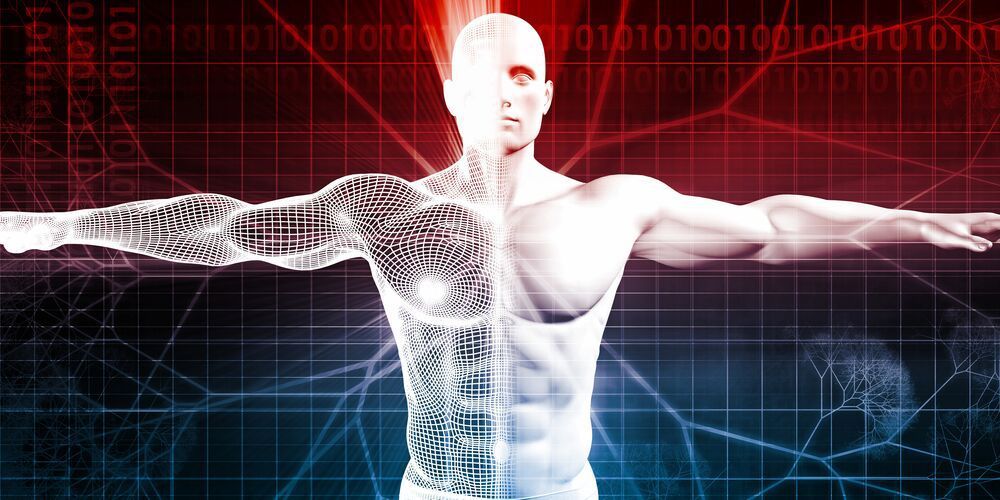Oct 29, 2017
Twisted light could make wireless data faster than fiber
Posted by Shailesh Prasad in categories: habitats, holograms, internet
As fast as fiber optic lines have become, they’re still hamstrung by one key limitation: you still need to transmit that data over wires, which limits where you can transmit and the affordability of the fastest connections. Scientists may have a way to eliminate those cables while offering even faster speeds, though. They’ve discovered a way to ‘twist’ photons in a way that not only crams more data into each transmission, but survives interference from turbulent air. If you pass light through a special hologram, you can give photons an optical angular momentum that lets them carry more than just 1s and 0s — and so long as the light’s phase and intensity are right, you can reliably beam that data over long distances.
The research team successfully tested just such a link over a 1-mile stretch in Germany, making sure that it took place in an urban environment where the turbulence from taller buildings could theoretically cause chaos.
There’s still a lot of work to be done before this kind of wireless networking is practical. How do you serve a large number of people, and how is data affected by rain or snow? Still, it’s promising. The technology is clearly limited by the challenges of transmitting light (you couldn’t use this to transmit indoors, for obvious reasons), but it could be instrumental to the next generation of last-mile wireless networks. Instead of having to painstakingly wire homes and offices to achieve multi-gigabit speeds, internet providers could use light-based wireless links for large parts of their network and install cabling only when it’s absolutely necessary.
Continue reading “Twisted light could make wireless data faster than fiber” »
















